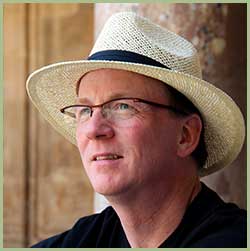A few months ago I had the great privilege of designing and facilitating a Leadership Summit for Special Olympics, North America in Philadelphia. If you know anything about this organization, you know how inspiring it is to watch the athletes grow and witness the accompanying joy.
This was no ordinary Leadership Summit – the topic was Athlete Leadership and asked the question: How do we create opportunities for athletes (with intellectual disabilities) to grow to their highest potential by providing them opportunities to lead. What does it mean to lead, where can this happen, what can we do to win over the hearts and minds of this organization to make this happen? Of the 60 participants, 15 were athletes and we ended up with a very specific strategy for North America, requests of and guidance for the national organization, and goals and metrics for state programs – pretty amazing in two days.
The results were over the top – we had a strategy, specific next steps and a process for influencing boards and leaders whose support would be needed. The best part was watching the athlete-leaders prepare for and deliver the presentations to the movement’s Chairman Tim Shriver at the closing plenary. They told stories of their lives and leadership journeys that built their confidence, enriched their relationships, and helped them dare to dream of what life could be. In the process, they briefed parts of the plan and made the case for why this was a critical next step in the Special Olympics movement’s evolution. Not a dry eye in the house – and a tremendous reception by the blue ribbon panel convened to listen and provide their advice.
Tim Shriver, in true Chairman fashion, said two things: 1) You’ve done amazing work and we need to bring this to the board for their consideration. I whole-heartedly support your proposals. AND – I think you’re thinking too small – what you have here can and should be huge, so I challenge you to think much bigger – this is just a beginning for the next generation of the movement.
One of the lessons I take away is that the presenters were 100% authentic – they spoke of their own lives, embodying their own experience as they made their case. They stepped out of their comfort zones, some even trembling as they spoke, but they did it anyway to GREAT effect. I ask myself, when was the last time I took a public stand for something really close to my heart, risking trembling in front of a large group of people? Not for a while… Perhaps if we all did a little more of what I witnessed in Philadelphia we’d have the courageous conversations we need to have to make our organizations and world a better place. Thanks to the Loretta, Matthew and all of the other athletes who inspired us. Those who follow will owe you a great debt of gratitude.


